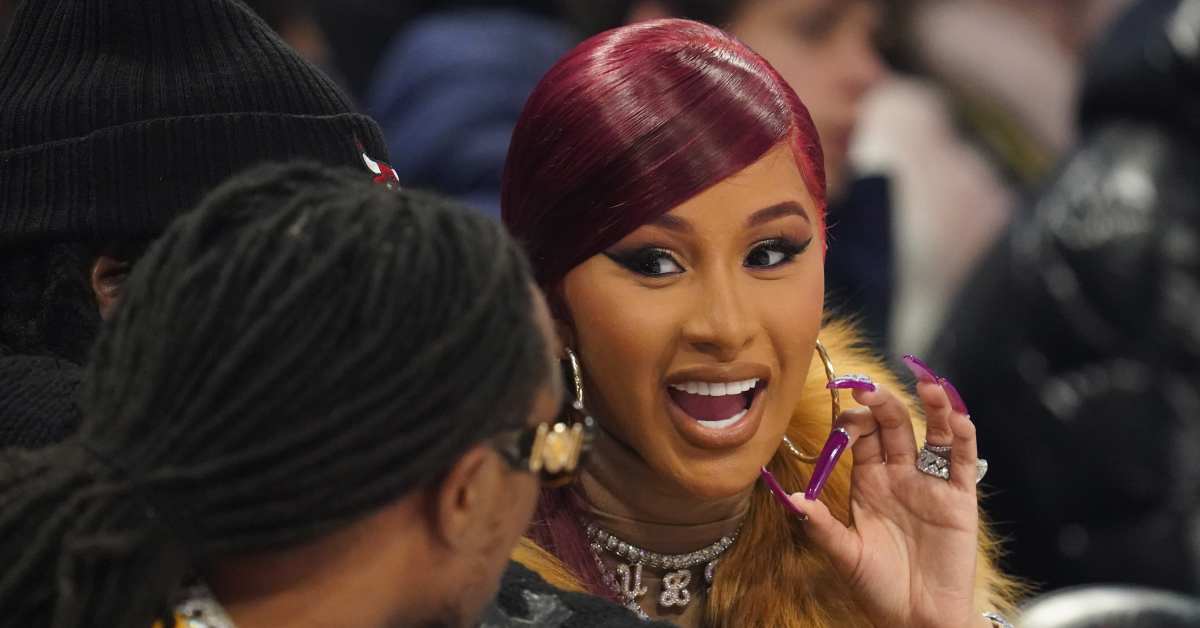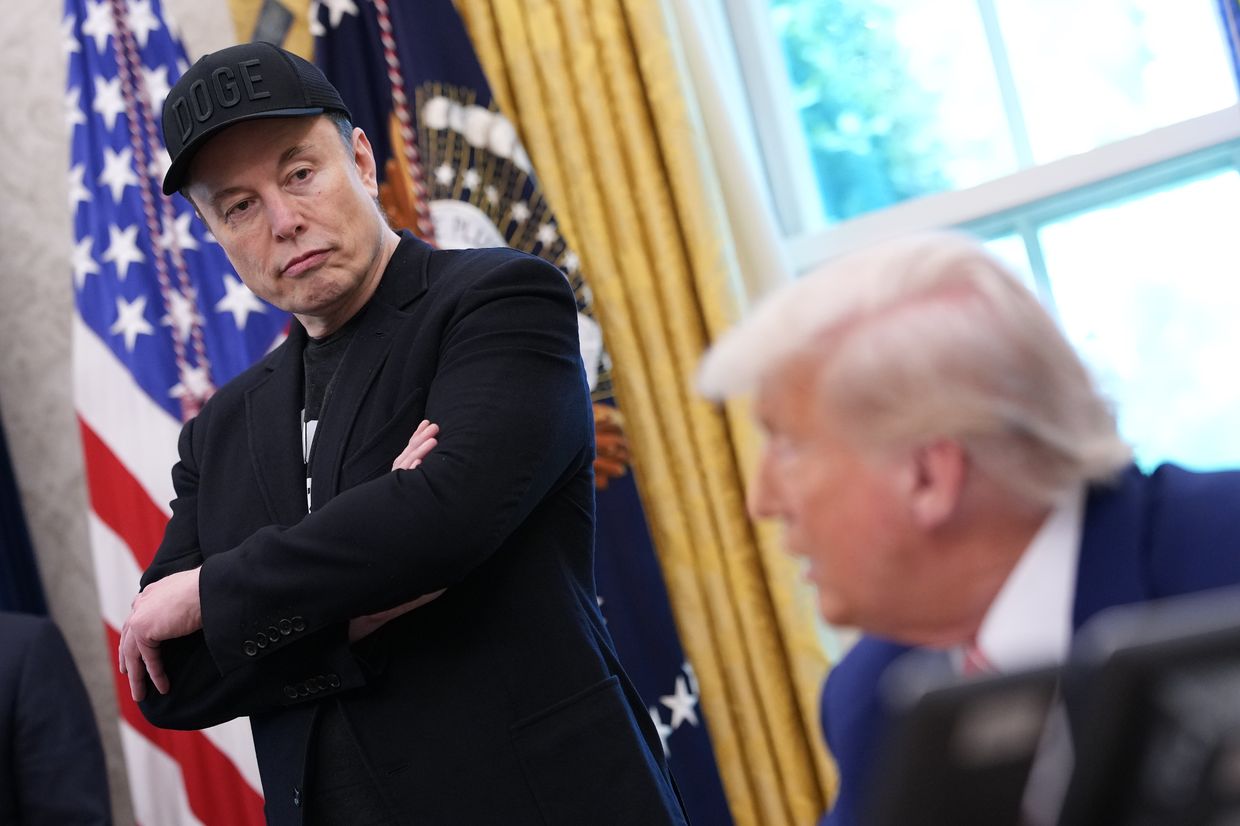Athletes participating in World Boxing tournaments will now be required to undergo gender testing, a decision that has drawn a lot of attention from the sports community.
The new regulation, announced by the international governing body on Friday, aims to maintain the sport's integrity and ensure fair competition. This action comes after a great deal of controversy at the Olympics in Paris last year, especially about Algerian boxer Imane Khelif, who took home the gold in the women's welterweight division. Following allegations about her gender status, Khelif's eligibility was called into doubt, causing controversy and conflict inside and outside of the boxing world. World Boxing made it clear that the choice was not taken hastily.
The organization claims that the goal of the new policy is to establish a uniform framework for determining eligibility in both male and female categories. According to the organization, this is an essential measure to guarantee fair competition for all competitors and to prevent uncertainty or conflicting decisions in subsequent contests. Although the organization has not yet disclosed all the specifics of the gender testing procedure, it has stated that it will adhere to globally accepted ethical and medical standards.
Additionally, World Boxing declared that the testing protocols will uphold each athlete's dignity and privacy. Those who oppose the proposal say that it could potentially violate athletes' rights and deter participation, especially among transgender and DSD individuals. Before enacting such delicate restrictions, human rights campaigners have demanded more openness and consultation. However, proponents contend that the action is required to preserve the honor of women's boxing, guaranteeing that contests are fair and that female competitors are not disadvantaged. The focus of discussions is still firmly on World Boxing and its attempts to strike a balance between inclusivity, fairness, and scientific integrity. In the months leading up to its next significant international competition, the organization is anticipated to publish further instructions. This most recent development contributes to the larger discussion in sports about gender, identity, and fairness—a topic that is still developing in many different sports throughout the world.
.png)
 German (DE)
German (DE)  English (US)
English (US)  Spanish (ES)
Spanish (ES)  French (FR)
French (FR)  Hindi (IN)
Hindi (IN)  Italian (IT)
Italian (IT)  Russian (RU)
Russian (RU) 







Comments